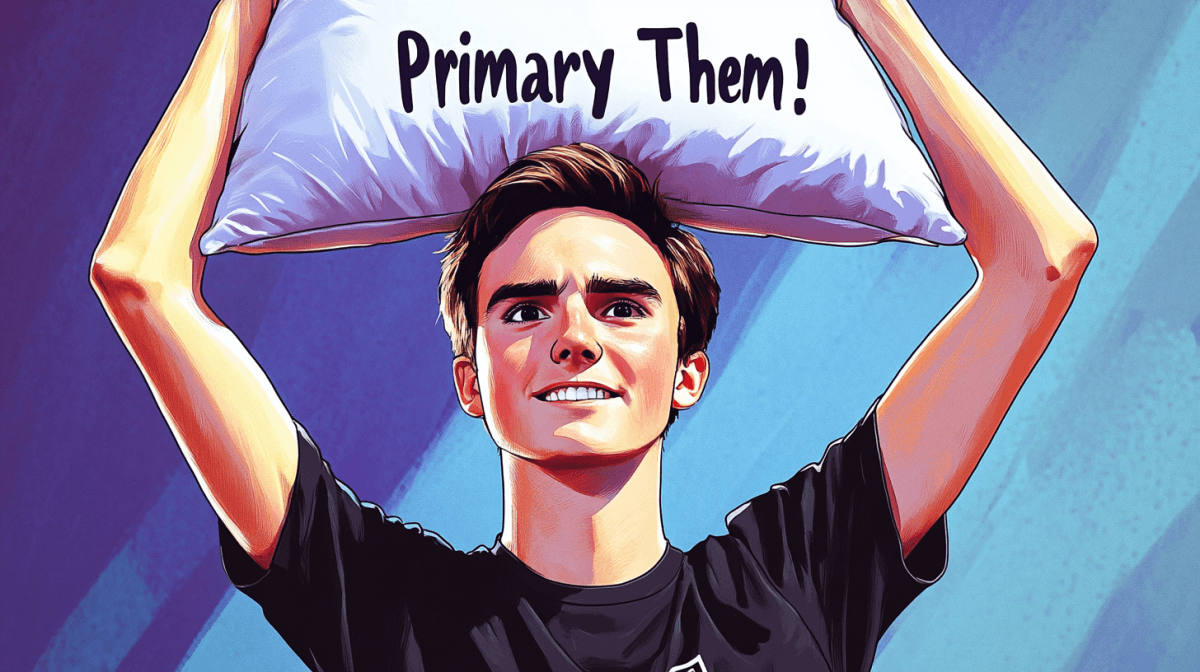
David Hogg, the 25-year-old vice chair of the Democratic National Committee (DNC) and prominent activist, has announced a contentious $20 million plan aimed at rejuvenating the Democratic Party's leadership. The initiative seeks to sponsor primary challengers against entrenched House Democrats in securely blue districts, a move that has ruffled feathers within the party establishment.
Hogg, who rose to fame as a gun control advocate after surviving the Parkland school shooting in 2018, is challenging what he calls the "culture of seniority politics" in the Democratic Party. In a recent interview, Hogg expressed his desire for leaders "that are here to fight," regardless of their age, signaling his intent to infuse the party with new, dynamic energy.
This move marks a significant departure from the DNC's traditional approach, which typically avoids involvement in primary contests, focusing instead on battling Republicans and safeguarding incumbent Democrats. DNC Chair Ken Martin responded to Hogg's announcement with a measured statement, recognizing Hogg's dedication while reaffirming the party's standard position of allowing primary voters to choose their candidates.
However, the internal response appears to be far less harmonious. According to a DNC aide, all officers except Hogg have agreed to a neutrality pledge, promising to stay out of primary elections, even in a personal capacity. Hogg's refusal to sign this pledge has led to considerable discord within the organization.
Despite the internal conflict, Hogg has made it clear that his initiative will target only seats considered safely Democratic, with an aim to avoid jeopardizing the party's chances in more competitive House battlegrounds. "I want us to win the majority," he declared, addressing concerns about the potential electoral impact of his strategy.
While Hogg's campaign is not solely focused on age, it is evident that part of his goal is to introduce younger perspectives into the Democratic caucus. He believes the party's base is seeking profound change and wants to demonstrate that younger candidates are ready to step up and fight for their interests.
Notably, Hogg has shown restraint by commending certain veteran legislators, such as Rep. Jan Schakowsky (D-IL) and former Speaker Nancy Pelosi (D-CA), making it clear that his organization will not back challengers against them.
Despite mixed reactions to his aggressive stance, Hogg remains unapologetic, emphasizing his desire for a stronger and more dynamic Democratic Party. As the 2026 midterm elections approach, Democratic leaders are now faced with the delicate task of navigating this internal challenge while striving to maintain a united front against the opposition, particularly in the face of former President Donald Trump's influence.





